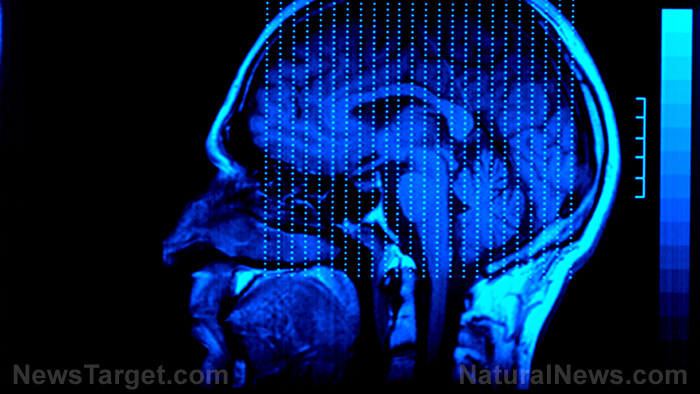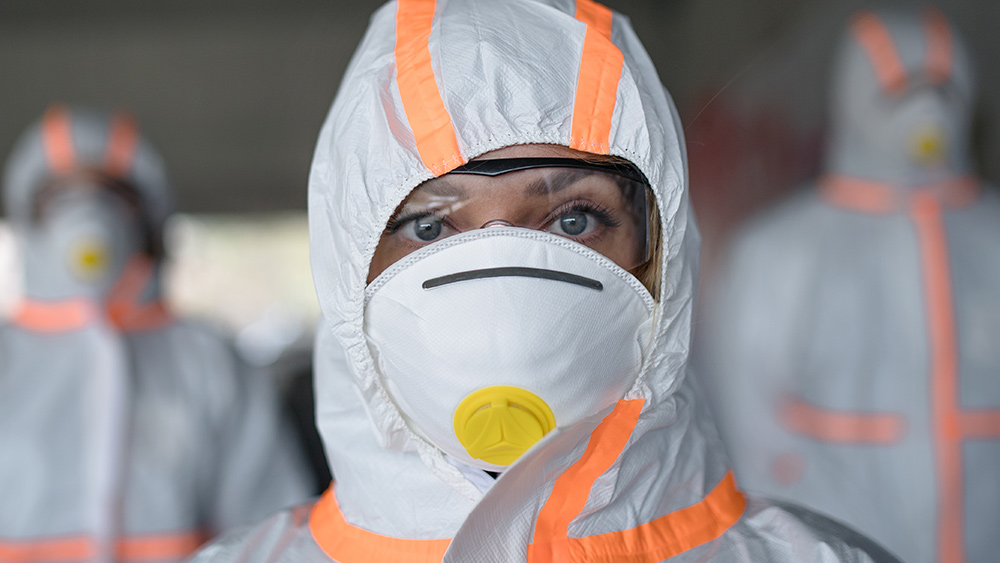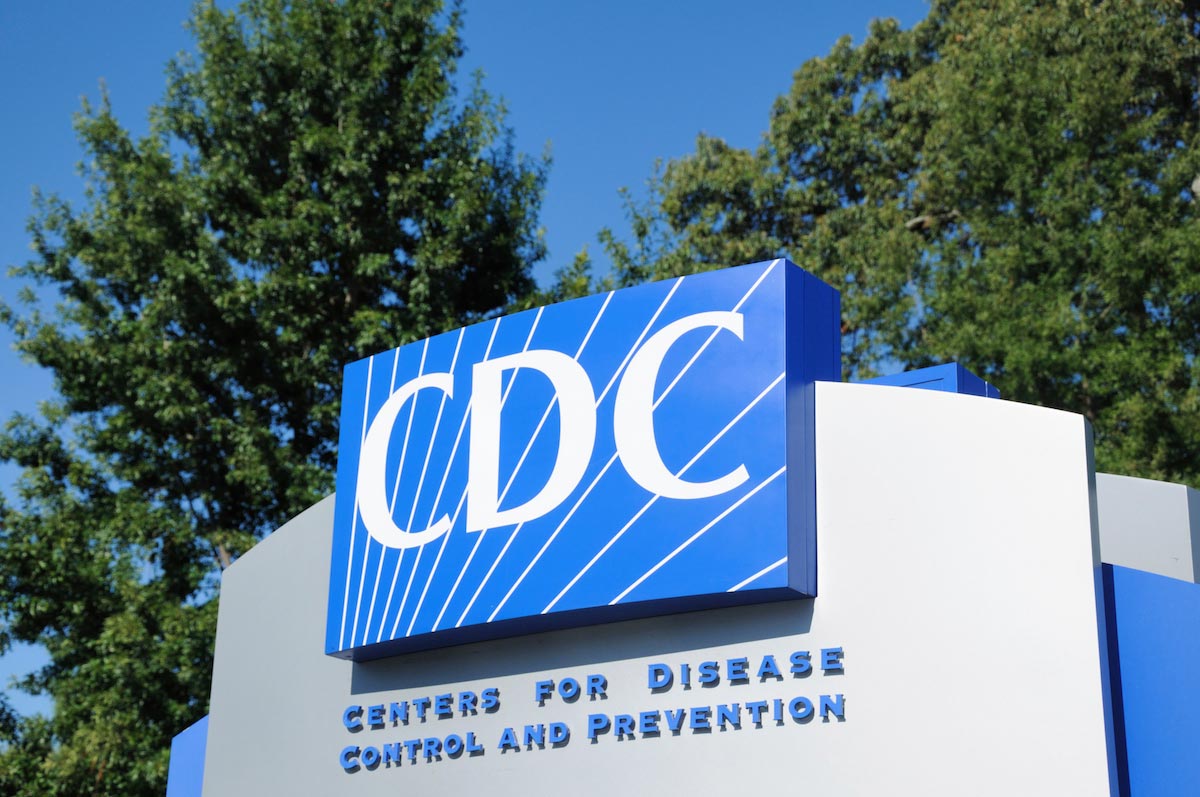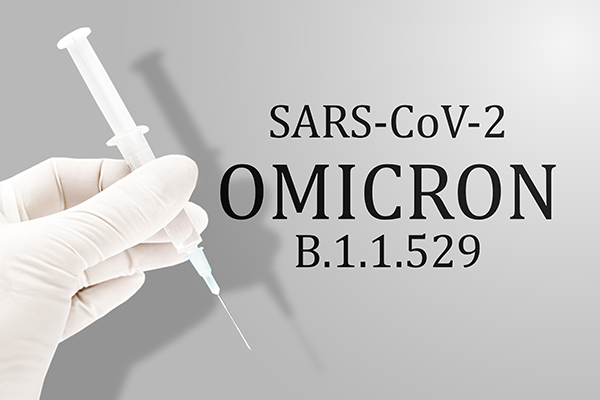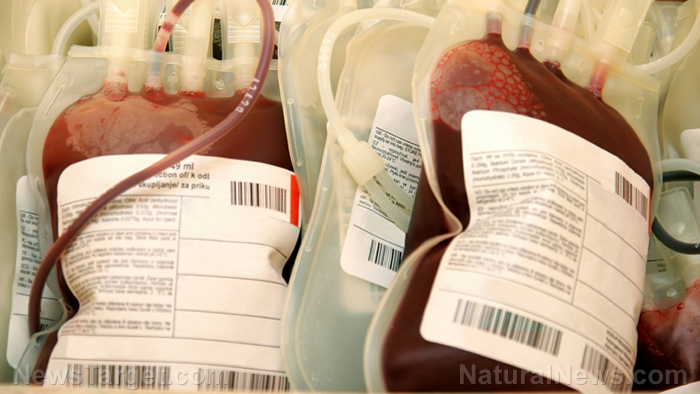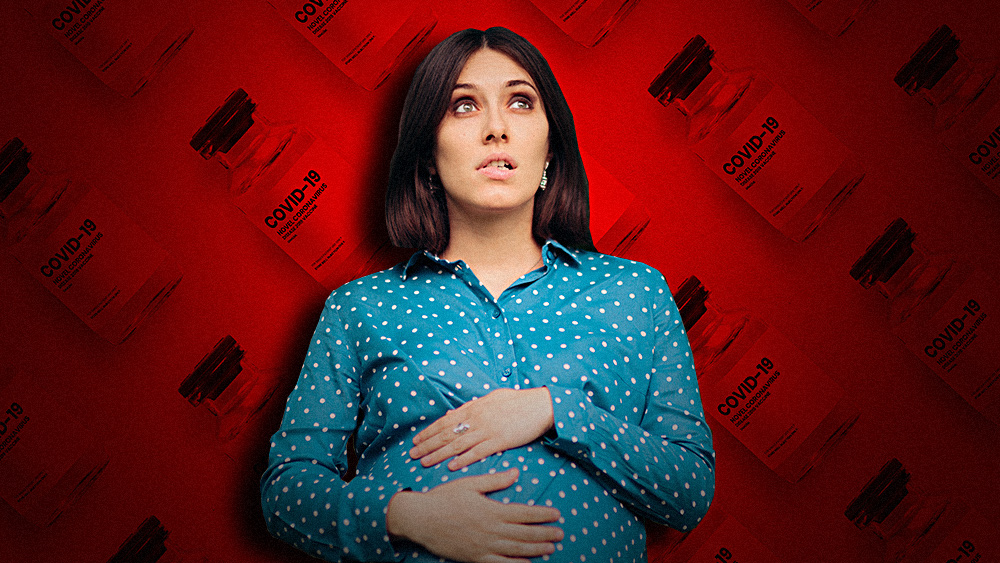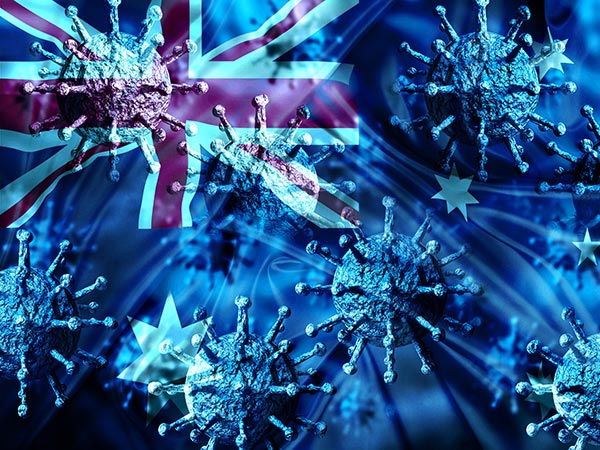Study: Eating foods with natural antimicrobial compounds can help shape your gut microbiota
11/22/2022 / By Evangelyn Rodriguez
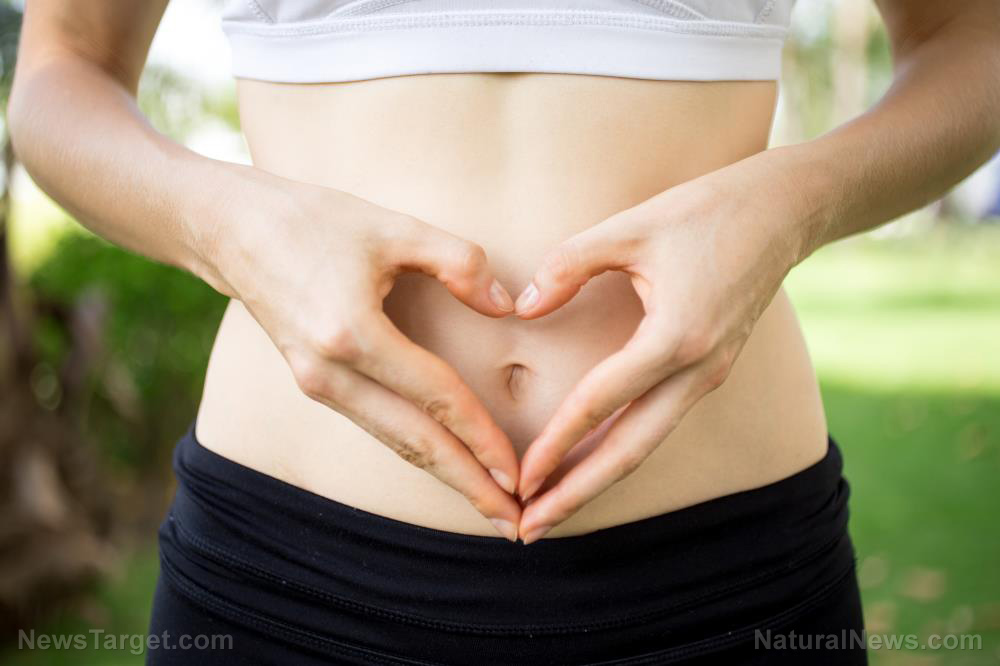
Prebiotic and probiotic foods are universally considered to be the best foods for supporting a healthy gut microbiota. Fresh fruits, leafy greens and whole grains provide a form of dietary fiber called prebiotics that can promote the growth of beneficial gut microbes. Meanwhile, fermented foods like yogurt, kefir and kombucha contain probiotics, or good live bacteria, that help keep bad microbes in check.
But according to a study published in the journal Gut Microbes, prebiotic and probiotic foods are not the only foods that can help you maintain a healthy intestinal microflora. Some commonly consumed foods contain compounds with antimicrobial effects that could also help control the growth of certain bacterial communities.
How foods and medications affect your gut microbiota
Your gut is home to 100 trillion microorganisms that range from single-celled protozoa and bacteria to symbiotic fungi and eukaryotic viruses and bacteriophages. Bacteriophages, or simply phages, are viruses that infect and replicate only in bacterial cells. Phages are the most abundant group of viruses in the human gut and are very host-specific – they infect only a single bacterial species or only specific strains within a species.
Phages integrate their genetic material into the genomes of their bacterial hosts. This genetic information, known as prophage, can trigger the production of phages when specifically activated. Activated prophages use the machinery of their host cells to replicate, eventually causing cell lysis, an event that leads to the death of their bacterial hosts and the release of multiple phages that are free to infect new hosts.
Recent studies have shown that certain foods and chemicals, including antibiotics, can activate prophages. In one study, researchers found that soy sauce and nicotine triggered prophage induction in bacteria residing in the human throat, which resulted in the production of more phages and the horizontal transfer of viral genes from one bacterial species to another.
In another study, researchers reported that antibiotics like ciprofloxacin can also cause prophage induction. Induction resulting from antibiotic treatment of pathogenic bacteria can lead to adverse treatment effects – and potentially to disease development. In some cases, prophage activation may also favor bacterial cells by facilitating the transfer of useful traits, such as antibiotic resistance.
But for the most part, gut-residing phages benefit humans by providing non-host-derived immunity. Phages have also been found to exert antimicrobial and immunomodulatory effects, reducing the colonization and regulating the growth of certain gut bacteria and modulating immune response in the human gut. In fact, researchers believe that certain foods can alter the composition of the human gut microbiota for the better by preventing the proliferation of bad bacteria through prophage activation.
Dietary compounds can help balance your gut microbial composition
To identify food compounds that can activate prophages and affect gut microbial composition in humans, researchers from San Diego State University examined the effects of 117 commonly consumed foods, chemical additives and plant extracts on the growth of human gut bacteria (one Bacteroidetes and two Firmicutes) and one opportunistic pathogen (Pseudomonas aeruginosa). They then assayed those that showed antimicrobial effects to see if they can trigger prophage induction.
Upon examining the growth curves of bacteria, the researchers noted that they multiply over a period of time but their numbers eventually plateau. However, when prophages are activated, bacteria stop proliferating altogether and their numbers drop dramatically. Aspartame, honey, hot sauce, licorice, rhubarb and stevia all showed antimicrobial effects. Herbs like cinnamon, clove, neem extract and uva ursi (bearberry) also displayed antimicrobial activity.
Of these natural antimicrobials, aspartame, honey, neem, stevia and uva ursi were the best at triggering phage production. The researchers noted that these foods and herbs possess compounds that can be used to control the population of certain gut microbes as well as pathogenic viruses.
“The microbiome is composed of hundreds of different bacteria and the phages they host. We could actually tackle certain conditions by adjusting the foods we consume, that will affect microbial diversity which in turn will influence health and diseases,” said Lance Boling, the study’s lead author. (Related: The ketogenic diet helps reduce epileptic seizures through its effects on gut microbiota.)
“This shows we could sculpt the human gut microbiome with common dietary compounds,” added Forest Rohwer, one of the researchers who worked with Boling. “The ability to kill specific bacteria, without affecting others, makes these compounds very interesting.”
Watch the video below to learn about the inter-relationship between your immune system and gut microbiome from Dr. Rodney Dietert, Professor Emeritus of Immunotoxicology at Cornell University.
This video is from the Lumiere channel on Brighteon.com.
More related stories:
Diet vs. lifestyle: Vegetable compounds are beneficial to gut microbiota, but for how long?
Study suggests your gut microbiome shapes your personality.
Flaxseeds improve gut health and metabolic health, increase production of beneficial fatty acids.
Understanding the gut-brain axis: Can a probiotic help reduce stress levels?
Sources include:
SfAMJournals.OnlineLibrary.Wiley.com
GutPathogens.BiomedCentral.com
Submit a correction >>
Tagged Under:
alternative medicine, Antimicrobial, bacteriophages, digestion, food is medicine, food science, functional foods, gut microbiota, health science, herbal medicine, Herbs, natural antibiotics, natural health, natural medicine, nutrients, phytonutrients, prophage, remedies, research
This article may contain statements that reflect the opinion of the author


